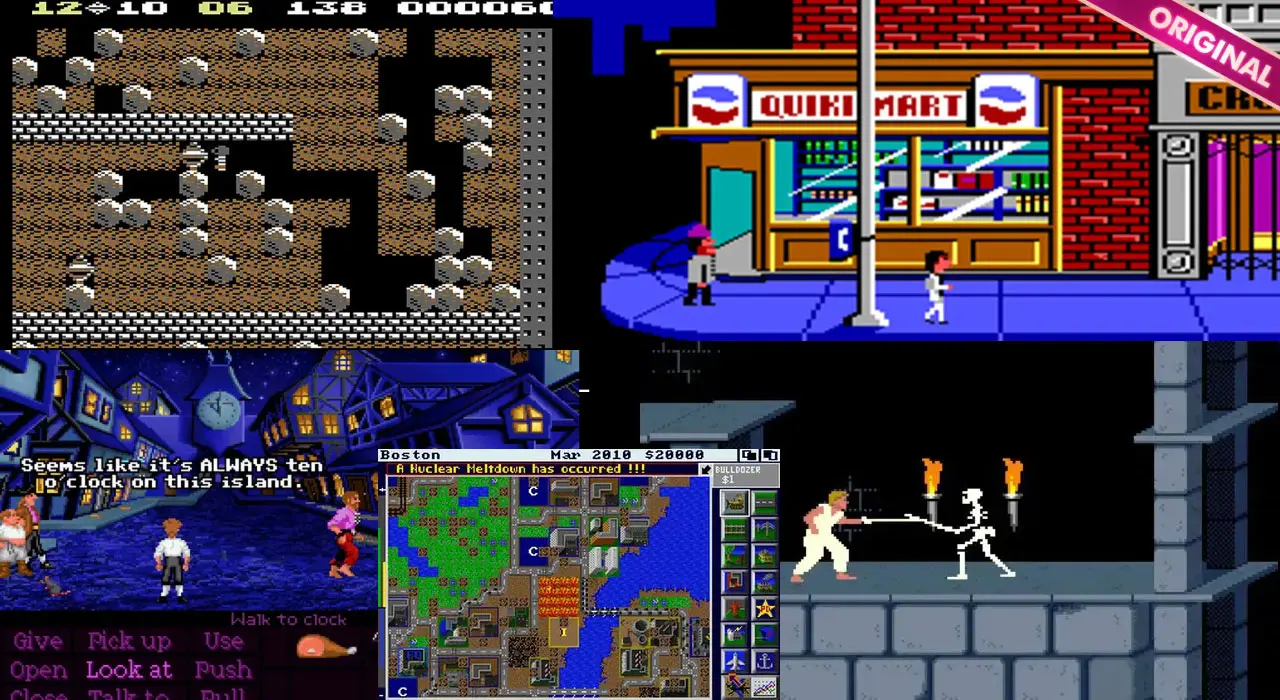However, in Portugal, this sector has been known for its fragmentation and difficulty in leveraging despite the great potential and highly-skilled human resources. Therefore, the eGames Lab aims to address technological specific and operational challenges identified in Portugal, which will leverage the competitiveness of the members and position them in a worldwide context.
Covering the country from Évora to Lisbon, Madeira, and the Azores, the project will diversify the Portuguese economic fabric that is heavily dependent on a single industry (tourism), thereby increasing the country’s competitiveness in IT and Web 3.0 industries. The eGames Lab will build capacity for retaining in the country a young, well-trained generation of different backgrounds: design, storytelling, engineering, marketing, and fine arts. It will also attract key stakeholders to Portugal and create a long-lasting sustainable ecosystem for game design and development, playtesting, and successfully bringing to market the results from creative research and development efforts in interactive entertainment.
The Agenda focuses on the following core areas:
- Blockchain-based framework for games;
- Advanced in-game Virtual and Augmented Reality;
- Transformational Games for Health and a Green Agenda;
- Artificial Intelligence for Interactive Storytelling;
- Development of Pre-Market Ecosystems.




